Inspired by Three Fourths Home, Spencer Saunders muses upon the validity of mundane and meaningful interactions in videogames
Interaction is often considered to be the most important aspect of games.
Duh. That’s sort of the point.
What I mean is that how a game lets me interact with it determines how much time I’m willing to spend with it, and how much of an impact it might have.
I’ve put interactions into two categories: Mundane and meaningful.
The mundane are what keep me going, the meaningful are what stick with me. The meaningful have the most impact, but sometimes the most meaningful interactions are also the most mundane.
More on that later.
As of writing this, Ubisoft just released a teaser image for Far Cry 5 of what I assume is the villain. That’d certainly be on brand for them.
Far Cry 3 and 4 had some of my favorite mundane interactions. Traversing the world by gliding in a wingsuit felt so good that I spent less time going from point A to B, and more time just gliding down and around various zones C.
What do I mean by interactions? Anytime I press a button and something happens on the screen; that is an interaction. So once again, duh; that is a large chunk of a large chunk of videogames.
That’s why I’m just talking about the mundane and meaningful ones. I lied earlier when I said there were just two categories. The other category is all of the interactions that are needed to move the game forward.
There can be overlap between categories. Don’t worry about the third one though. I didn’t mention it before because I thought it wasn’t important to this discussion. I was right.
Moving on.
The wingsuit is a pretty essential part of the modern Far Cry formula, but it’s still mundane. You can complete the story by simply walking everywhere. It isn’t actually essential to the game. Don’t fact-check me.
Players like doing things. We want instant gratification as often as possible. But if a game threw all of its gratifying moments into the first level, there’d be nothing left to do afterwards.
If every single ghost was in the foyer when Luigi first enters his mansion, he’d probably die. If he didn’t then he’d be even more traumatized than he already is, and most importantly the player would have nothing to do after the first five minutes. Also the GameCube may catch fire.
Luigi’s Mansion’s key button is the A button. It lets you open doors, which is pretty important when navigating a mansion. More importantly, when not in close proximity to a door, it makes Luigi yell for his brother. At no point does this help or hurt you mechanically, it’s just entertaining.
People like pushing buttons. Based on the recent outbreak of fidget cubes, spinners, and, inevitably I’m sure, tesseracts, it would seem that people don’t even need something to happen when they push the button.
I’ve spent just as much time pushing arcade cabinet buttons when they’re on the attract screen as I have actually playing arcade games. In conclusion, buttons are dope.
Yelling for missing brothers is all well and good, but as I said, it doesn’t do anything mechanically.
Mario Karts (at least the recent entries) do this too with the horn. What’s even better than meaningless button pressing is meaningful button pressing. But somewhere in between those two is rolling and jumping.
The only time I can remember a jump as feeling meaningful is in Portal 2. Maybe also INSIDE. I’m going to stop thinking about it before more come to mind.
Dark Souls and Bloodborne are the kings of rolling. Why walk when you can run? Why run when you can roll!
Of course sometimes this makes you fall off a cliff or not have stamina for when a monster appears, but losing an hour’s worth of souls is a small price to pay for the joy of rolling. Maybe Dark Souls and Bloodborne are actually the peasants of rolling. Maybe the king actually exists somewhere on the PlayStation 2.
Fancy titles are unimportant, so long as the rolling is fun.
All rolls are not created equal. Even in the same game. If I were to live out my childhood fantasy of being a turtle, and wear the turtle armor in Dark Souls II, my rolling abilities would be significantly hampered. The response to the press of the button, the interaction, is still basically the same.
It’s more dangerous and probably less efficient than walking, but danger and efficiency have little impact on the dopamine that comes with the act of standing up, falling, and somehow standing up again without losing momentum.
Jumping is another beast entirely. If rolling is the king of mundane interactions, then jumping is surely the queen, and in 2017 that means nothing more than that they’re both totally rad.
Jumping, generally speaking, comes with a lot more baggage. Jumping takes commitment and acceptance. Depending on the game, you may be unable to defend yourself while jumping. You may, for a second, be constricted to moving only on the z-axis. In certain skateboarding games, depending on codes entered, you may not return to the ground for a very long time.
I’m terrible at Street Fighter and not much better at Mortal Kombat. My fighters (usually Sagat and Baraka) spend far too much time airborne. If someone wants to beat me, they have a pretty good shot by just holding down and pressing punch every few seconds. I do this, despite it being a bad practice, because jumping is more fun than the opposite, which is to say, anything that isn’t jumping.
They call it “jumping for joy”, not “not jumping for joy”. Thankfully many characters in Super Smash Bros. excel in the air.
Thus far I’ve completely kept the mundane and meaningful interactions separate. Except for all the examples where it is sort of murky or I explicitly said an interaction was meaningful.
Meaningful interactions are, objectively, more subjective than mundane ones. I’d personally say that rolling and jumping are some of the most meaningful interactions in games to me. But lowercase ‘m’ meaningful. Not whatever the other kind is. Uppercase, I guess.
They’re more subjective because people all have different life experiences, and therefore find different things cool, or sad, or exciting.
Which pretty much sums up the whole idea of subjectivity.
You can’t force an interaction into being meaningful. Recently, like, a week ago, I played Three Fourths Home. The interactions in that game are what sparked me to write this. Before going into further detail (and potentially small spoilers) I’ll say that the main interaction I took away was pressing a button that caused a sound to play. From a mechanical standpoint this is the same thing as the Luigi’s Mansion example earlier, which, you will recall, was a prime mundane interaction.
Journey is lauded by many as being a masterpiece. I agree that it is visually one of the most stunning games I’ve played, but EA’s Battlefront also looks fantastic, but only makes me want to play Pandemic’s Battlefront 2. Which I do. Often.
People have had emotional connections to Journey’s characters. I’ve gathered that this is largely because they had at least one meaningful interaction along the way and probably played it a while ago.
I didn’t play it until last year, so I’d heard plenty of what people had to say about it. I didn’t know much about the actual story, but just being told again and again how great it was left it feeling lackluster. There are those darn life experiences coming in and tarnishing things.
I pressed the cross, triangle, square, and circle buttons plenty of times in Life Is Strange. It’s sort of what you do in that game. Some of those button presses were meaningful, others were not. It depended on the context.
Life Is Strange was all about making choices. Bastion had, aside from mundane choices of selecting what buildings to revive or weapons to use, only a couple of choices. Both were meaningful. Both were fairly easy to make. They were made more meaningful, however, because they were there for me to make.
I would’ve made the same choices as Joel throughout The Last of Us. If I could have pressed a button to make them, rather than watch them play out on screen, would I have felt even more connected to it? Possibly, but Naughty Dog had a specific story they wanted to tell.
Sometimes giving players too many interactions in the form of narrative choices just leaves them disappointed.
I’m talking about Mass Effect 3.
I only played 2. I don’t have an opinion on that whole situation.
Far Cry 3 has two endings. One of them is the correct ending. The other is the ending with boobs.
The choice between the two was easy and meaningless. The wrong ending was absurd. Also I have access to YouTube and a variety of other websites. Including choice doesn’t immediately make a scene more meaningful.
This topic has been covered extensively.
[bracket]games’ Three Fourths Home is what inspired this ramble. It’s taken fifteen hundred or so words to get here, but we’re here.
Is all of that, what could be argued to be filler, going to make what I have to say now less meaningful? I don’t know; maybe I should write a piece on how to write meaningful text by using mundane words and topics.
That’s for another time though.
Three Fourths Home is, according to the developer’s about page, a visual short story. Visual novels, as I have experienced them, are largely reliant on telling stories through text, and mostly-still images.
I’ve only put a meaningful amount of time into two visual novels: Hatoful Boyfriend and Hatoful Boyfriend Holiday Star.
Three Fourths Home is, as would be implied by its self-imposed genre, largely reliant on text. The game is, thematically, about a lot of things. I won’t go into them; you should play the game. I will say that the game takes place in a storm, more specifically driving in a car in a storm.
You must hold down a button to keep going through the game. Kelly, the driver, is talking on the phone. Releasing the button doesn’t simply stop the car’s progress through the storm, it also stops Kelly’s conversation. Holding the button makes progressing an active endeavor.
You are told the controls that you need to complete the game. Advance the car and conversation with button 1. Make a dialogue choice with button 2. Turn on the radio with Button 3. They don’t tell you about buttons 4 and 5, which control the lights and horn of the car.
Having driven in poor weather in an area populated by deer, I know the importance of the lights and horn. What started as a passive experience, engaging in conversation and making my way home, suddenly became something relatable on another level.
I didn’t want Kelly to hit something, whether it be an animal or another car. Now I was looking between the text to keep the conversation going, and the car, checking what was ahead. I beeped the horn occasionally. Partly to stay safe, partly because it was fun.
Radio can be a great source of comfort in troubling times. It’s a good distraction from storms, both real and metaphorical. At times I turned the radio off. At times I felt Kelly needed to focus on the conversation.
That and the road.
I previously stated (five or so paragraphs in) that this whole thing was a discussion. Discussions usually involve at least two people. With this in mind, you should comment with some of your favorite mundane and meaningful interactions. Or do that same thing, but somewhere on the forum. If no one does it, I’ll look awfully silly for my poor word choice and will probably be fired from ever doing this again.

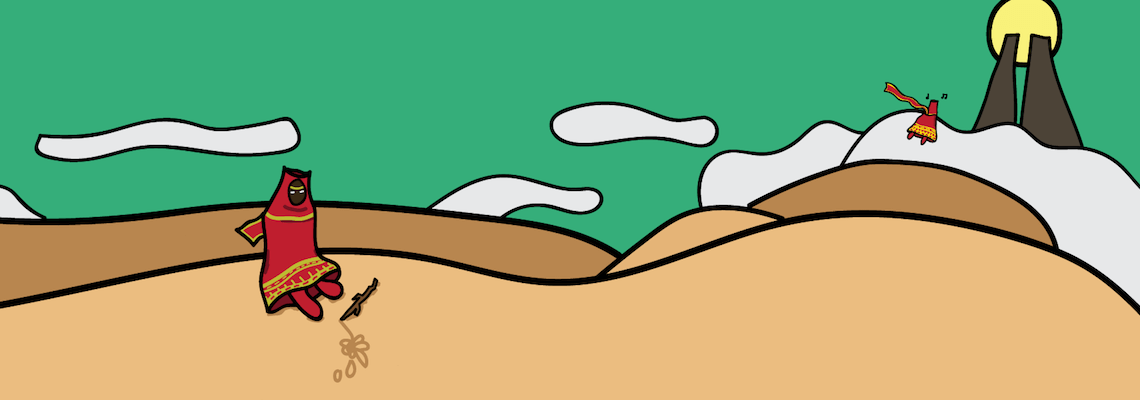













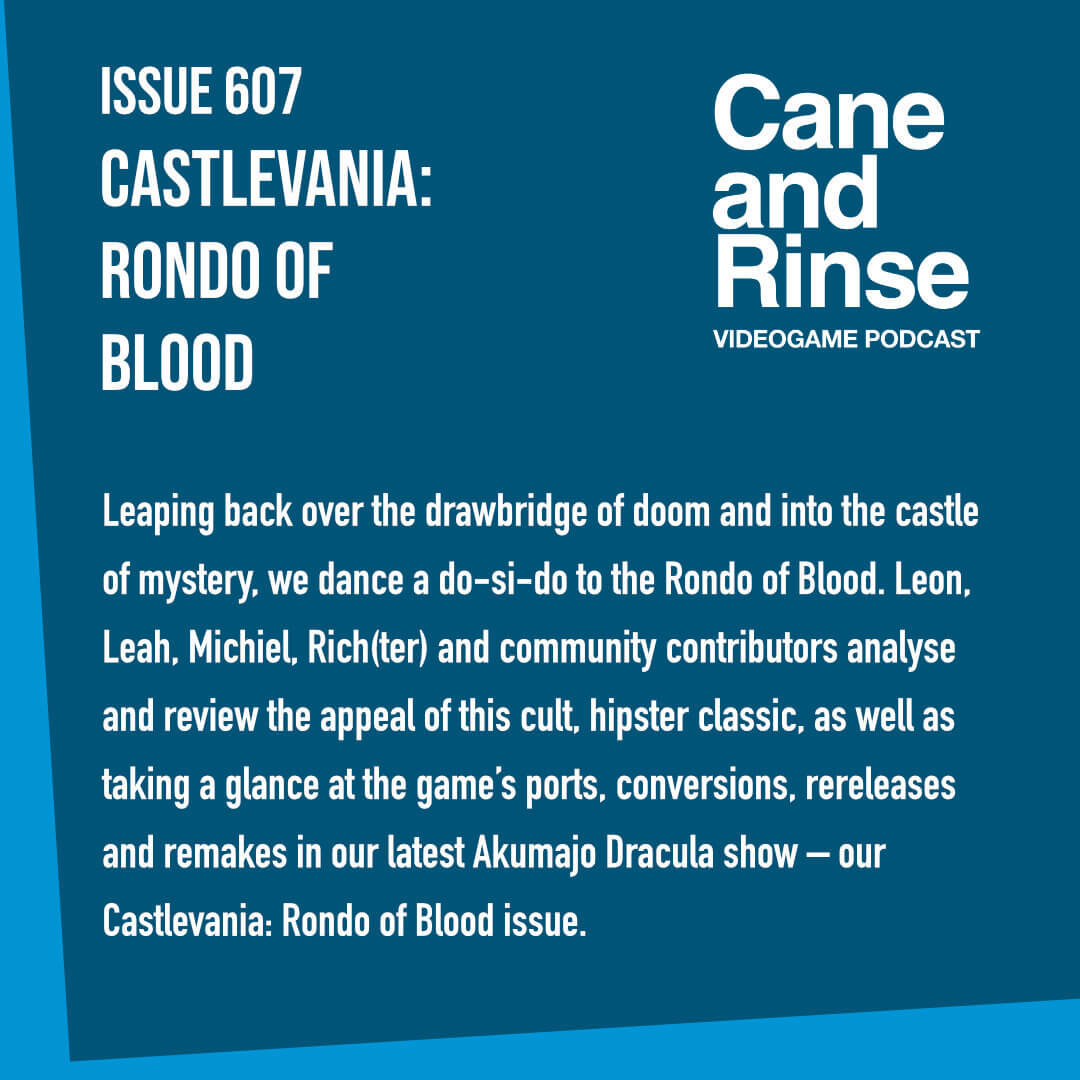

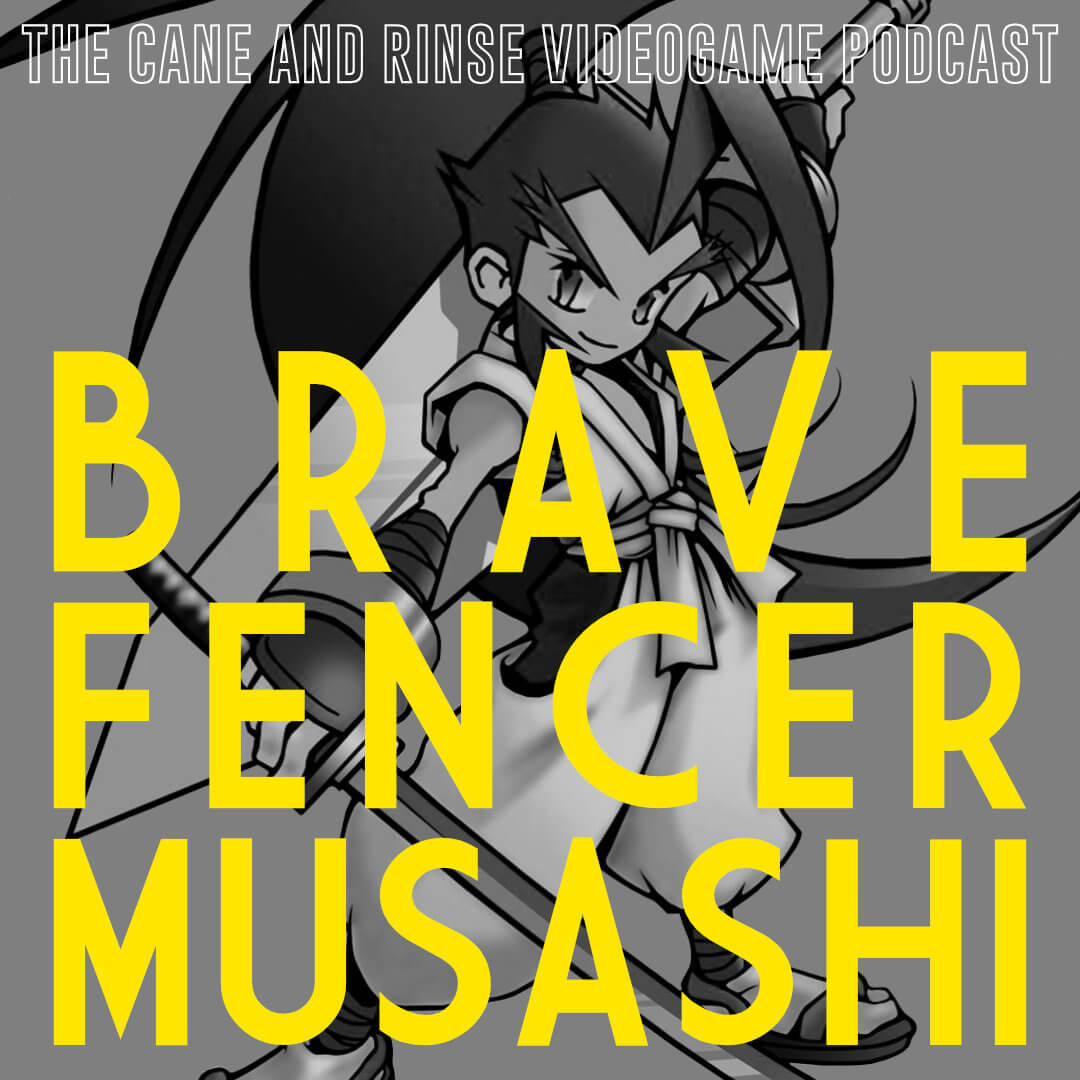
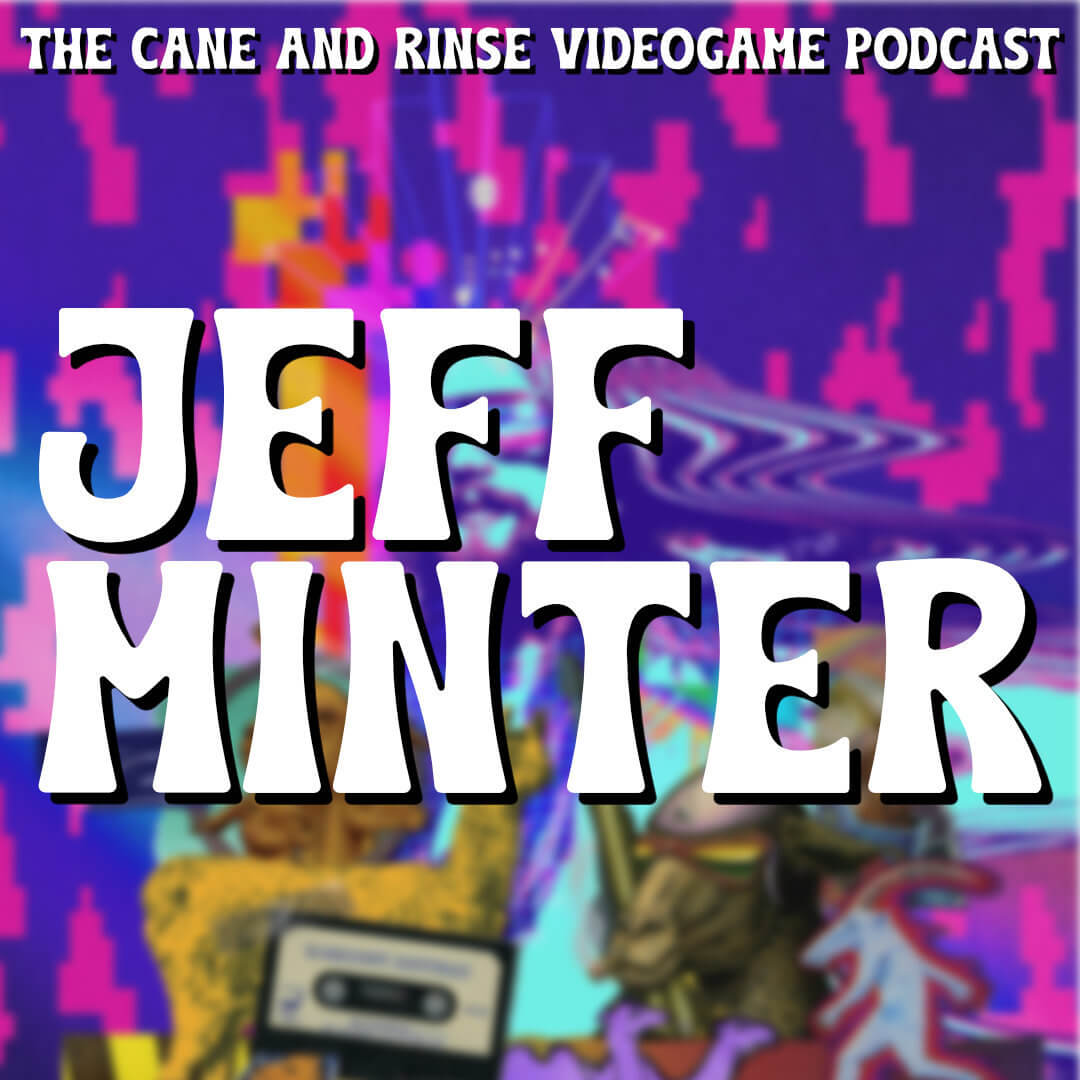
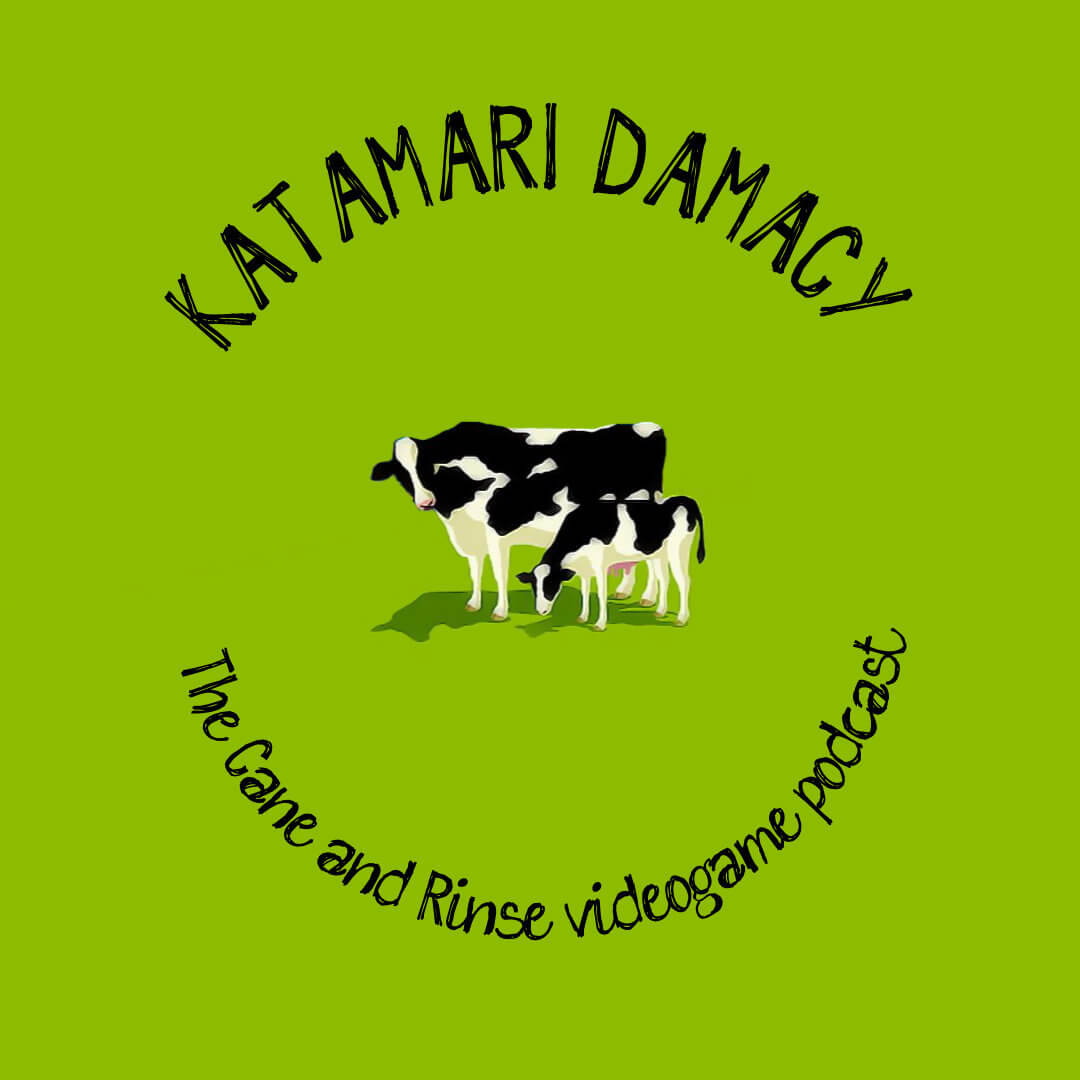
I think you make a good distinction between mundane and “meaningful” player interactions, although I’m not sure that I agree with one of your assertions:
“Sometimes giving players too many interactions in the form of narrative choices just leaves them disappointed. I’m talking about Mass Effect 3.”
I don’t think Mass Effect 3’s failings are really a result of the player being presented with too many narrative choices over the course of the trilogy. Instead, I think ME3’s major failing is that it suddenly withholds its own commitment to meaningful choices and interactions at the very last second. Until the game’s conclusion, the entire series seems dedicated to reacting to each player’s own individual choices, and its narrative is adjusted accordingly. BioWare could have chosen to converge some or all of those various possible player choices without undermining them.
In other words, players felt soured by ME3’s ending because it rendered their previously meaningful interactions as mundane, but that was a move that was in no way necessitated by the volume of those interactions.
In a way, this discussion reminds me of the ongoing one between prescribed and emergent narrative design. How would you classify the interactions the player has in Minecraft, for example? Running and jumping remain mundane, perhaps, but does the act of harvesting ore (or whatever, I don’t actually play Minecraft) take on meaning because it helps to shape the world?
I mean, it seems that way, but it also seems like the distinction between the two categories can definitely get blurry.
That’s a great point about Mass Effect. It did feel like a bit of a cheap shot on my part, especially since I didn’t play beyond the first couple missions on Mass Effect 3. From what I read about the endings and the controversy surrounding them, I didn’t see it as as big of a deal, but again, I had only invested myself in the second entry, not 3 games worth of story that carried over. Generally I side with the creators when a controversy like this happens, partly because creating stuff is ridiculously hard, and because the many of the people complaining sort of come off as, well, not pleasant people.
Minecraft is a great example of something that has a lot of mundane interactions that can become meaningful on a personal level. I think for me this is more true when I play cooperatively as opposed to by myself. In high school my friend and I had a world on his Xbox 360 that we continued to shape for several months, and that time is more meaningful to me than most other games I played before and since.
Anyway, thanks for the comment!